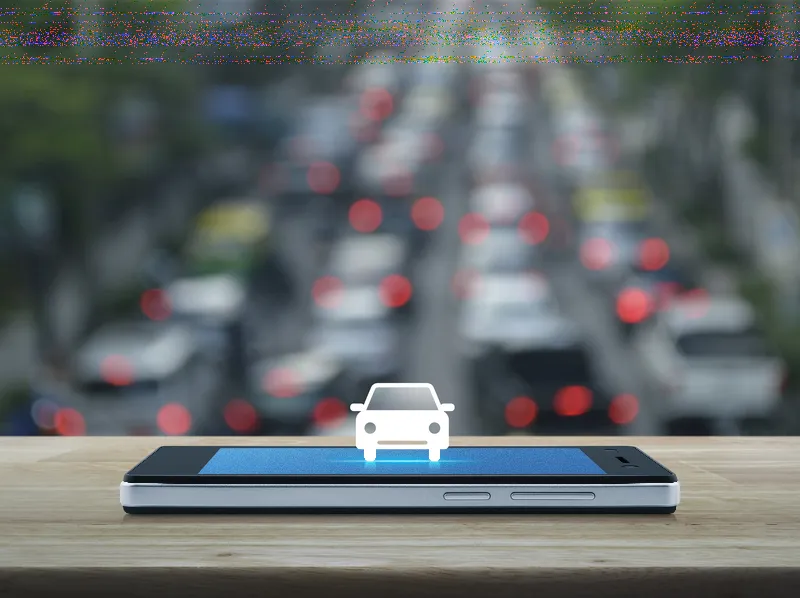Vaisala has launched what it says is a new, first-of-its kind mobile weather system that collects information never before obtained from a single solution. The Condition Patrol uses sensors that have been trusted for many years by maintenance operators around the world. The system collects the data and displays it on a smart phone on the dashboard of a vehicle. The data can also be brought back through the phone’s mobile network to be displayed in Vaisala’s road weather management software for viewing by ot
May 23, 2012
Read time: 1 min










